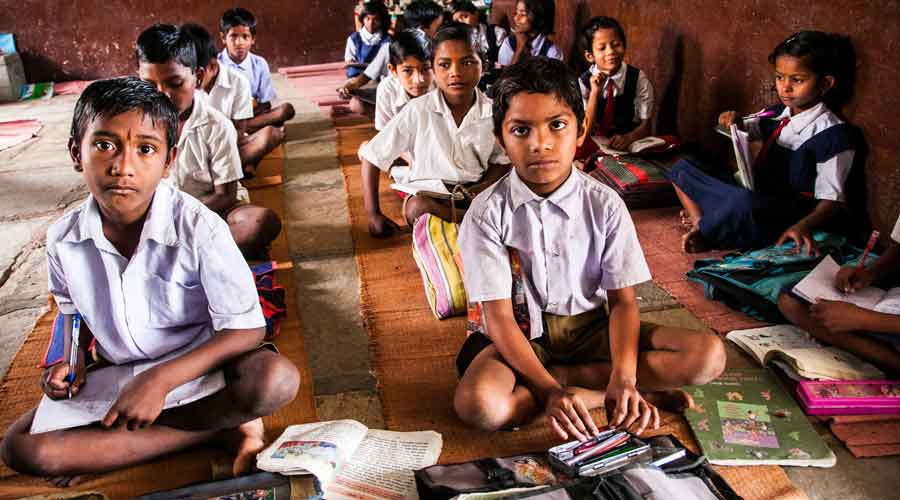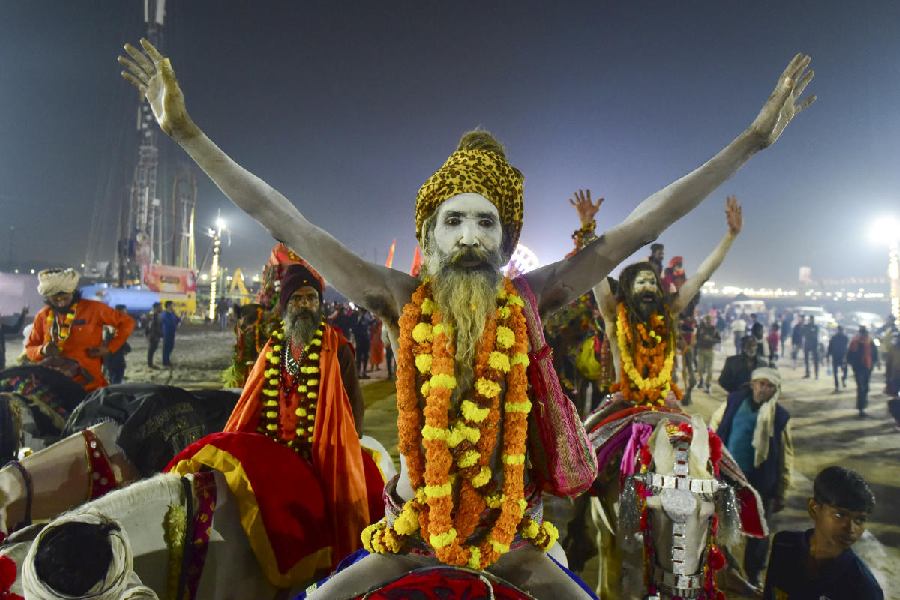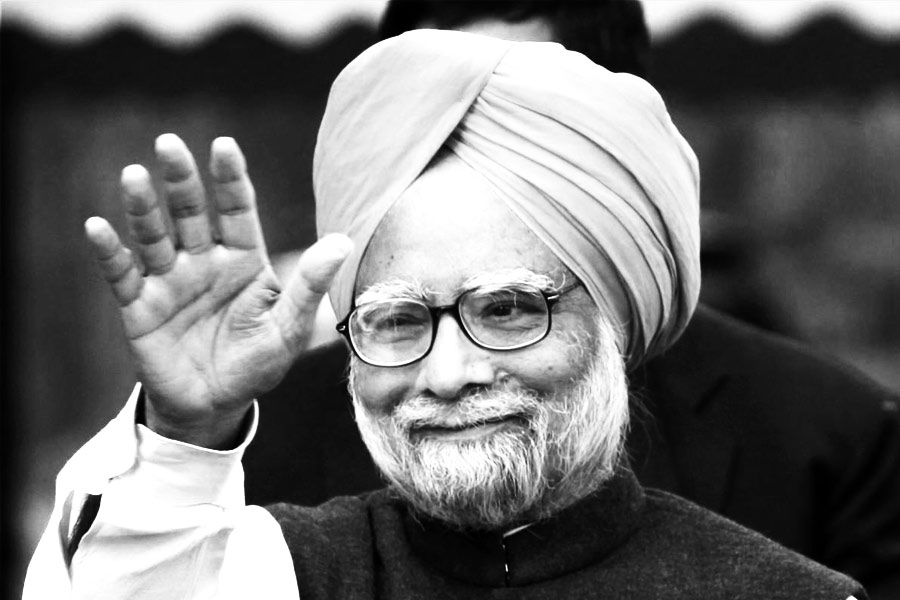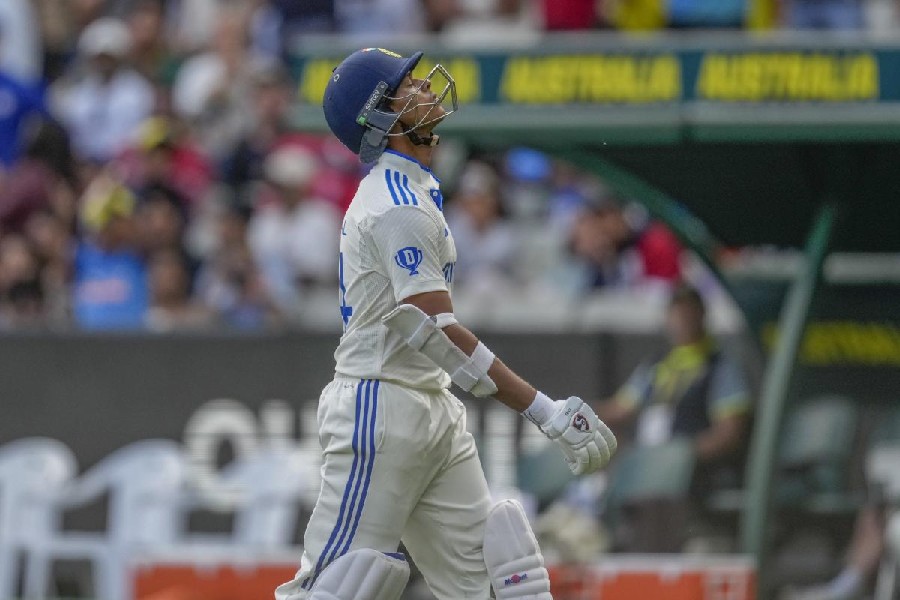Over one third pupils of Classes III to V belonging to unprivileged sections living in hamlets and slums were unable to read a sentence, a survey has found, underscoring the alarming learning levels because of the pandemic-induced school closure.
The SCHOOL survey conducted by nearly 100 volunteers under the supervision of academicians and researchers Nirali Bakhla, Jean Drèze, Vipul Paikra and Reetika Khera also found a trend of children switching from private to government schools because of the inability to pay fees.
“The first step should be to start reopening schools and having a discussion about how to reopen them safely,” Dreze told The Telegraph.
A few states have started opening schools, mostly covering higher classes from Classes IX to XII. Some, such as Uttar Pradesh and Bihar, have opened schools for all grades.
The survey was held last month in Assam, Bihar, Bengal, Jharkhand, Odisha, Delhi, Gujarat, Haryana, Karnataka, Madhya Pradesh, Maharashtra, Punjab, Tamil Nadu and Uttar Pradesh and the Union Territory of Chandigarh.
The survey covered 1,362 households, 60 per cent of which belonged to Scheduled Castes and Scheduled Tribes. Over 500 households were in urban slums and 842 in rural hamlets where most children usually attend government schools. One child from each family enrolled in any grade between Classes I and VIII was interviewed with their parents.
The survey found that 28 per cent of rural children were studying regularly, 37 per cent were not studying at all while 35 per cent were studying from time to time. In the urban areas, 47 per cent were studying regularly and 19 per cent were not studying at all.
Reading test
The survey included a reading test in which children were asked to read a sentence in Hindi printed in a large font: “Jab se corona mahamaari chal rahi hai, tab se school bandh hai (Ever since the coronavirus pandemic is on, the school has been shut).”
The children of non-Hindi speaking states were given the same sentence in their respective state language.
About 42 per cent rural children of Classes III to V were unable to read a single word while 35 per cent of urban kids of the same grades clocked the same performance. About 31 per cent urban and 26 per cent rural children could read the sentence while the remaining students had difficulty in reading or could read only some words.
Even at the upper primary level (Classes VI to VIII), the proportion of children who could read fluently is just over half, in both rural (57 per cent) and urban areas (58 per cent).
Govt schools
About one fifth of the children surveyed were enrolled in a private school when the lockdown began in March 2020. About 26 per cent of children who were initially enrolled in private schools had switched to government schools during the lockdown.
Many private schools started online education and continued to charge the same fees, following which parents were reluctant to pay, either because of the fall in their earnings or because online education did not work well for their children. Other costs like smartphone and recharge also added to their burden.

Jean Dreze Telegraph picture
Online impact
The Union education ministry has claimed to have started digital platforms for providing e-content to children to study.
For instance, DIKSHA provides such e-content while Swayam Prabha TV channel offers educational content for school students.
The survey found the reach of online education was very limited. The proportion of surveyed children who were studying online “regularly” was just 24 per cent and 8 per cent in urban and rural areas, respectively. One reason for this is that 49 per cent rural households and 23 per cent urban households surveyed had no smartphone.
Even among households with a smartphone, the devices are often used by working adults. Weak connectivity and lack of money for data also contribute to poor access to online education. About 57 per cent of those accessing online study in urban areas and 65 per cent in rural areas faced connectivity problems.
Although regular educational broadcasts for school children are available on Doordarshan, only 1 per cent of rural children and 8 per cent of urban children acknowledged TV programmes as a regular or even occasional mode of study.
Among the parents whose children were accessing online education, 65 per cent in urban areas and 70 per cent in rural belts said their child’s reading and writing abilities have declined during the lockdown. Among those parents whose children were left to study on their own, 82 per cent urban parents and 76 per cent rural parents had the same opinion.
The excluded
Among those who were not studying online at the time of the survey, a large majority are either not studying at all or just studying on their own at home from time to time.
In states like Assam, Bihar, Jharkhand and Uttar Pradesh, virtually nothing has been done to help offline children to continue studying since March 2020. In states like Karnataka, Maharashtra, Punjab and Rajasthan, worksheets have been given to children for homework. Teachers have been instructed to visit parents’ homes from time to time for advice.
The survey found that the educational support from the local school was very sporadic or virtually nil in rural areas. Among the children studying without online access, 39 per cent in rural areas and 25 per cent in urban areas said they were given homework. Among such children, about 51 per cent in urban areas and 58 per cent in rural areas had not met their teacher at all during the 30 days preceding the survey.
Midday meal
The pupils up to Class VIII in government and aided school are entitled to midday meal support. As schools are closed, states are largely providing dry ration and monetary allowances to meet the cooking cost.
About 80 per cent parents reported having received some food, mainly rice or wheat, during the preceding three months.
Anita Rampal, former dean of faculty of education at Delhi University, said that school reopening was the way forward.
“Parents in urban areas, especially among the better-off sections, seem hesitant to send their children to schools. But the situation in rural areas is different. As reflected in this survey, parents are eager to send children to schools. Schools should be reopened for the elementary grades,” Rampal said.
She described the government’s claim of starting various technological measures to take education to the doorstep of children as an attempt to cover up the situation of children being deprived of learning opportunities.
“All the online interventions have limited reach. The education television channels are yet to be used except in a few states like Kerala. The government is trying to abdicate its responsibility of providing quality education to all,” Rampal said
In any case, online lessons cannot pass off as meaningful education for any child, she said.












